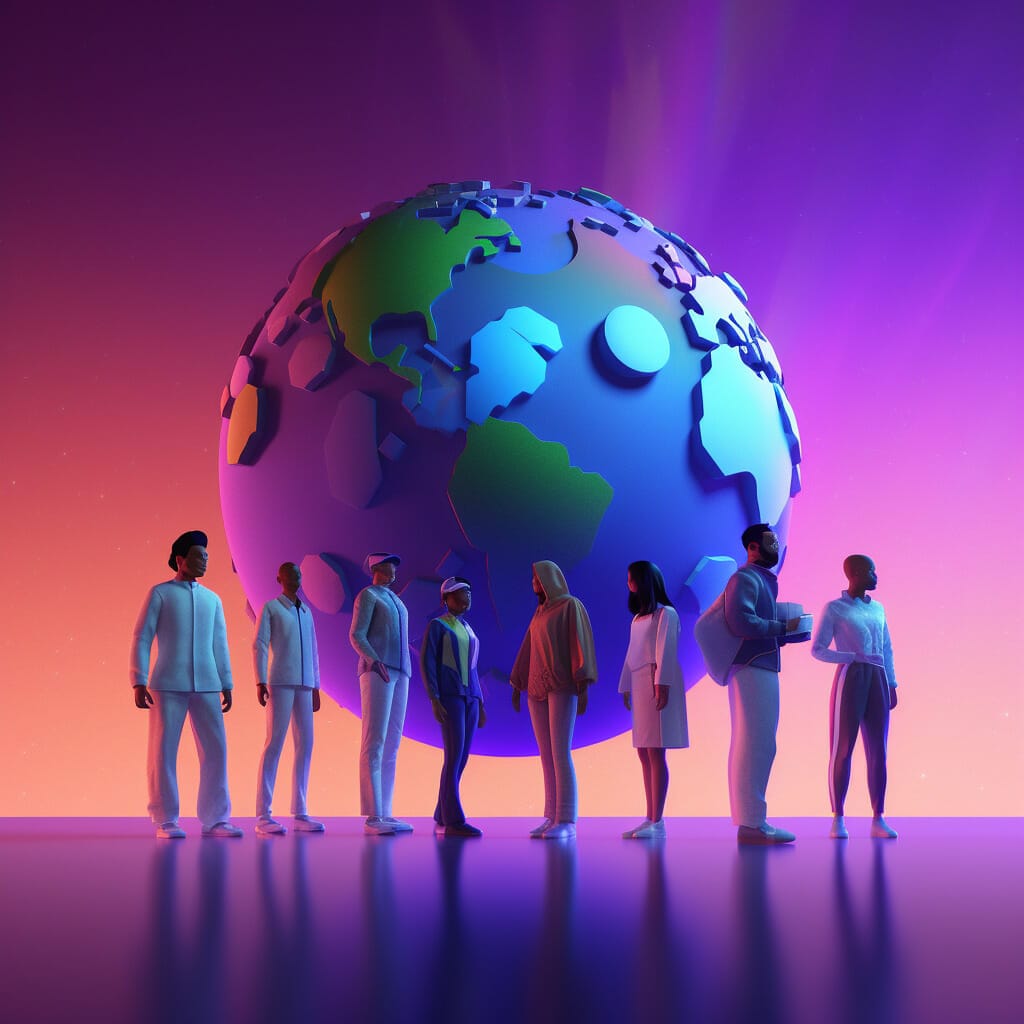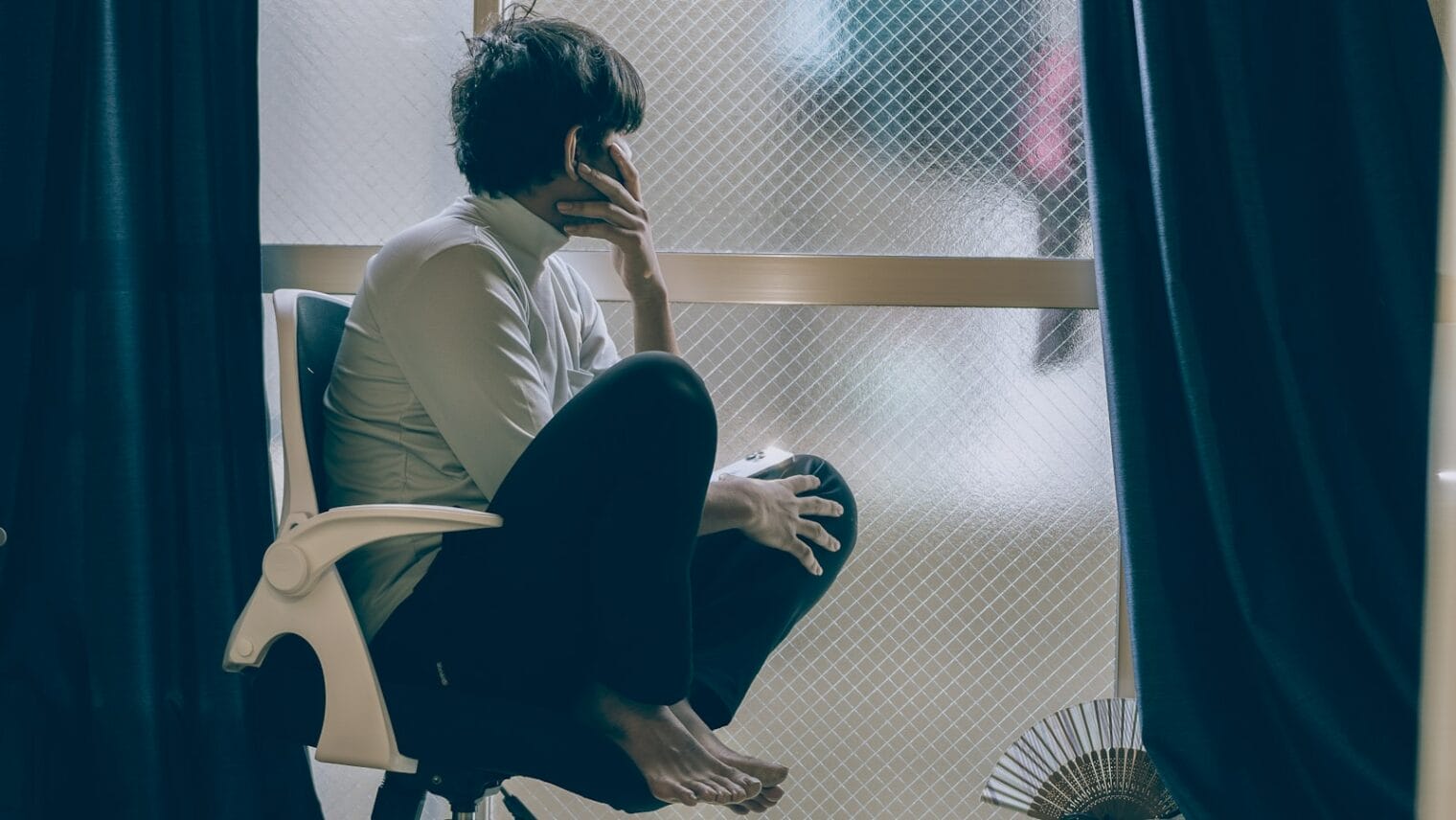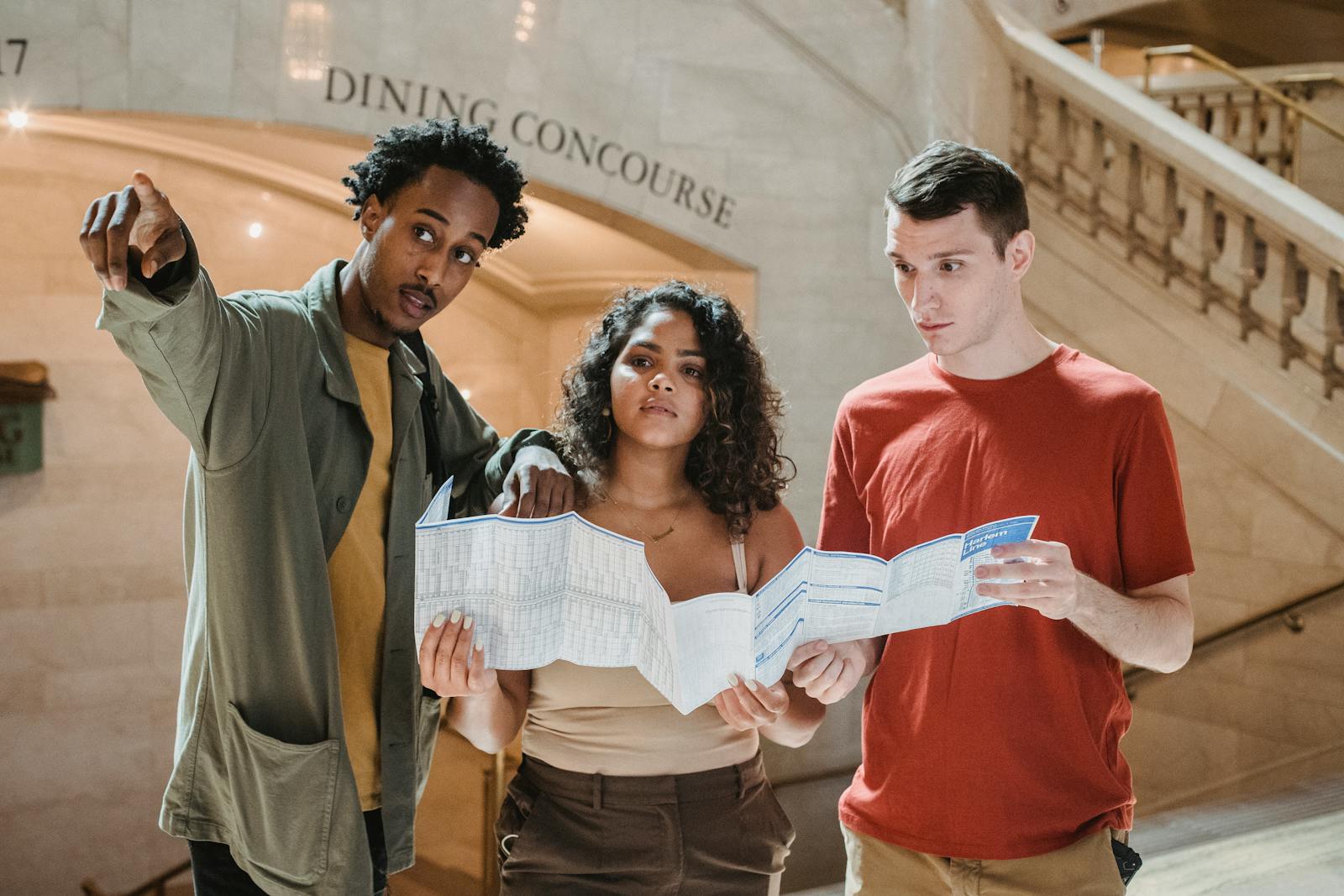When I entered Johns Hopkins wanting to become a developmental psychologist, my mom said, “You’re too smart to become a shrink. How will you find a job and have a future? Don’t waste your intelligence!” So I switched to Neuroscience and International Studies (Hopkins’s go-to major for future I-bankers.) She was partially correct. All my generation’s high-achieving, going-somewhere kids were either doctors (excluding psychiatrists or psychologists—those were not “doctor” enough), lawyers, or bankers. Things have improved over the last few decades, but not by much—we’ve added computer science and a career in tech as respectable and aspiring aims in life.
Can the world function on just programmers, doctors, lawyers, and bankers? As evidenced by this week’s 3-day strike at the LA school district that upheaved the lives of both parents and kids, NO! Support staff, bus drivers, cafeteria workers, teachers, counselors, and home health workers…are important. When parents lack access to or cannot afford quality childcare or education for their kids, their careers and lives cannot flourish. But who can blame them if they genuinely face the decision between providing safe housing and food for their family or investing in their own and their children’s futures? Consider the impact of neglected kids and unhappy parents–they influence our shared future.
This is behaviorism in the real world. People respond to reinforcements. If the pay for teachers, social workers, home care workers, instructional aides, etc., isn’t a living wage, then our society will increasingly suffer from a worsening shortage of the under-appreciated workforces that we all need. Sorry to be blunt. It’s just the truth-–not enough people will choose to sacrifice where they live, what they eat and wear to serve us as lowly paid teachers, childcare, home care workers… (The low entry-level workforce is a revolving door and struggles with retention because frequently, those people don’t want to be there and are looking for a way out from Day 1–- Hiring and training take time. Time is money. Time is more limited and more precious than money. It’s something you cannot earn more of.
I used to be called back by my autistic daughter’s school before even arriving at work from my one-hour commute. Then I picked her up from teachers who couldn’t handle her tantrums or aggressions and either have her sit behind my desk or ask an employee to watch her in a meeting room. It got to a point where I “retired” myself so that we could all stay sane. I had made enough money and traded my income and career for my family dynamic, children’s education, and mental health.
It took moving across the Pacific, learning the school IEP system, jumping through healthcare hurdles, switching school districts 8 times, and 10 years before life finally felt “balanced.” My poor husband, bound to his job in Asia, cannot spend as much time with us as he wants. He was bitter and mad about these choices for many years because, unlike me, he didn’t take time off work multiple times a week to handle a child who’s not properly supported at school or had to have a child in his office. Perspective-taking is hard when you have not suffered through the same pain. Choices have consequences. Mine had plenty. My autistic daughter, whom doctors told me might be retarded when she was 5, finally performs at and above grade level as a high school freshman. She’s now taking AP biology and thriving.
Many people are in similar situations with family members deteriorating from age, violence, illnesses, and substance abuse. I hope they and others will join my attempts to make a more equitable world. It’s tough to take care of your family. EVERYONE will eventually face this dilemma of prioritizing family vs work at some time in their lives. I spent half of my childhood in the US and had all my education here. My family could afford the international move, private therapies, and expenses from two households. A few wealthy families in the Middle East could hire BCBAs and counselors from the US to live in mansions with their children with learning, thinking, or other disabilities. What happens to the rest?
Children with unmet learning, emotional or behavioral needs are significantly more likely to drop out of school, resort to crime and substance use, fill up the justice and foster care systems, and are two to four times more likely to have mental illnesses and tax the government spending on disability support. The economic cost of untreated mental illness is USD $6 trillion annually! That’s a burden that trickles down to everyone.
The circular economy isn’t a fad. It’s how life works, and your 2nd-grade teacher taught you this! Some people call it karma or action and reaction in physics. Our actions and decisions impact each other. For privileged families for whom these issues seem far removed, the children from single-parent, BIPOC, or abusive families might act out in your kid’s class, bully your kids, and become school bathroom dealers, thus affecting your kids’ upbringing and choices. It might increase your household overhead because you’ll feel the need to live in a gated community and send your kids to private schools. We’re all connected.
It is not my intention to call out anyone. We’re all in this world together. I’ve decided to step up and do what is within my capacity–I have enough means to fund and start a nonprofit and support hiring a few software engineers and clinicians to make a digital social-emotional wellness and behavioral health support product so that more families can access integrated care and be more well-adjusted I’m experimenting to see if it’s possible for us, starting with me, to look out for each other, live more simply, and desire less so that, as a whole, we are better off. I don’t have billion+ dollar net worth; my means are limited, like you. But since we live in a circular economy–a circular world–maybe my actions inspire you to fund curaJOY’s work so that I’m not the only one funding this solution or doing something else that impacts your community. We, humans, pride and flattered ourselves in thinking we are the only species with advanced planning skills, yet we keep on being very short-sighted and repeating the same mistake. Let’s break the cycle–with me and you!




Leave a Reply